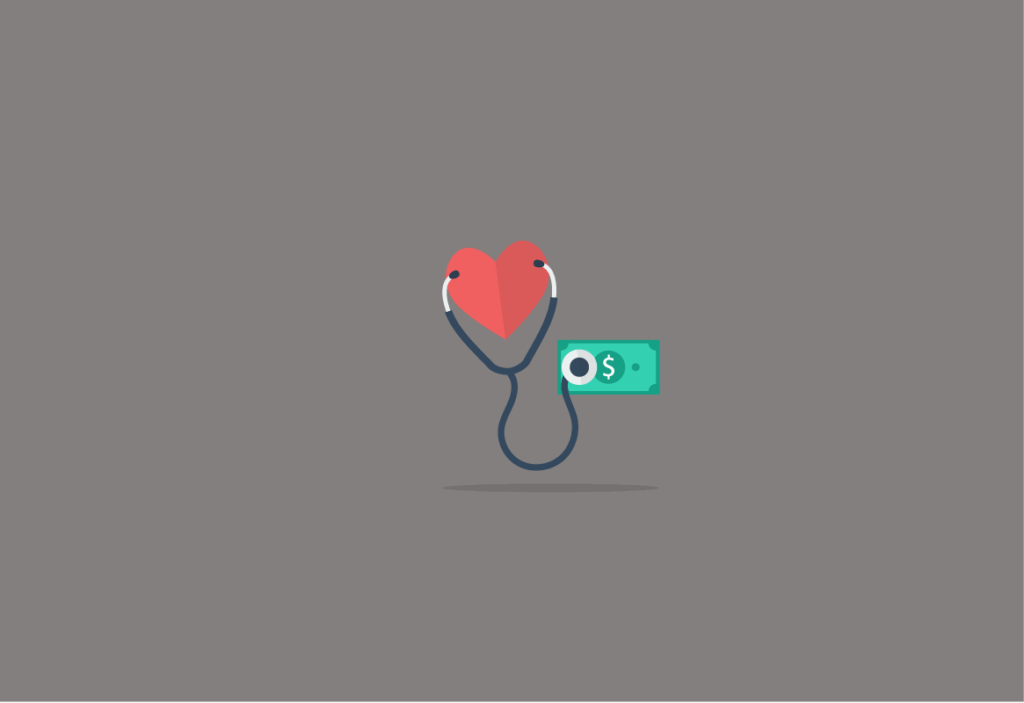When you buy/adopt a pet, it’s like adding a new member to your family. Over 71 million American households (62%) have a pet in it. We all love coming home to our dog’s wagging tail and cuddling up with our cat at night, but what you may not know is just how much having a pet can benefit you and your health. In honor of the upcoming National Pet Day on April 11th, here are all the ways pets can keep you healthy!
Physical Health Benefits of Pet Ownership
Owning a pet is a big commitment. In a sense, you are responsible for another life — a life that needs to be fed, walked, played with, and cared for. One study showed that dog owners were 54% more likely to get the recommended physical activity than non-owners.1 Dog owners tend to have lower blood pressure and cholesterol levels, which could be thanks to the daily walks and playing fetch in the backyard. Other research has indicated that the simple act of stroking a pet can help lower those levels as well.2 These benefits are not unique to dogs and cats. Even watching fish in an aquarium can help reduce muscle tension and lower pulse rate.3
The exercise you get from owning a pet has been linked to living a longer life and prolongs the ability of elderly individuals to perform basic functions, such as climbing stairs, bending, kneeling, preparing meals, bathing, and dressing oneself. Pet owners over age 65 make 30% fewer doctor visits than those without pets.3
The old way of thinking was pets can form allergies in children and if you or a family member has existing allergies problems, having one in the house is not a good idea. On the contrary, new studies show that kids growing up with animals will have less risk of allergies and asthma –19% vs. 33% — and will build immunity from such. They also were less likely to have eczema.4
Some pets can even recognize an adverse incident and help their humans through it. For example, there have been numerous reports of dogs coming to the aid of their owner during a seizure, panic/anxiety attack or PTSD-related event. Some dogs are trained for this type of work, but others just act on instinct, like this dog in the video below. Last month, after her owner collapsed from a seizure, Clover stopped traffic and recruited a driver to help. Watch below!
Mental Health Benefits of Pets
Life, especially during a pandemic, can be quite stressful and pets can be extremely helpful in alleviating anxiety. In a survey of pet owners, 74% reported mental health improvements from pet ownership.5 For people living alone or isolating themselves due to COVID-19, pets provided them a great sense of company. In fact, according to the “Covid-19 Impact Report,” the national pet adoption rate jumped 34% last April over the same time a year earlier, causing numerous animal shelters to completely run out of dogs and cats.
Researchers have found that interaction with pets — even if they don’t belong to you — can reduce anxiety, ease blood pressure and heart rate, and offset feelings of depression. Pets tend to live in the moment and don’t worry about what happened yesterday or what might happen tomorrow; they can help you become more mindful and appreciate the joy of the present.3
Pet therapy is officially a recognized type of psychotherapy for treating depression and other mood disorders. This could be for short-term or long-term use. Like service animals for a physically impaired person, they have animals for people with mental health disabilities as well. By having an animal by their side –usually a dog—the person is less likely to experience loneliness, and more likely to be active and social.
After you retire and your children have moved out, it is not uncommon for you to lose some of your self-worth and sense of purpose. Caring for a pet can help you regain these, boost your morale, and bring pleasure and meaning to your life. They also provide your life with structure. Pets require regular feeding, cleaning, and exercise schedule that will keep you busy and your mind sharp post-retirement.
There are so many other little things that pets help with as well, including social interaction. How often do you stop when walking down the street to talk to a stranger? Hardly ever, probably. Now, how often do you stop to talk to a stranger when you are both accompanied by dogs? Owning a pet can also help your dating life as well. Whether your meet someone online or at a dog park, people who own pets seem more responsible, friendly, trustworthy, and approachable. Additionally, research shows that women are more willing to give out their number to those with a canine buddy.6
As you can see, pets are way more to us than a furry friend, they keep us active, help us get through a tough day, and can even prevent serious future medical events from occurring. Although a pet is no substitute for something your doctor prescribed, they do provide something medication cannot: companionship.
This short video highlights the most impactful ways pets can benefit your health!
……………………………………………………………………………………………………………………………….
REFERENCES
- Publishing, Harvard Health. “Why Having a Pet Is Good for Your Health.” Harvard Health, Jan. 2014, health.harvard.edu/staying-healthy/why-having-a-pet-is-good-for-your-health.
- Casciotti, Dana, and Diane Zuckerman. “The Benefits of Pets for Human Health.” National Center for Health Research, 31 Mar. 2017, center4research.org/benefits-pets-human-health/.
- Robinson, Lawrence. “The Health and Mood-Boosting Benefits of Pets.” org, Sept. 2020, www.helpguide.org/articles/mental-health/mood-boosting-power-of-dogs.htm.
- Davis, Jeanie Lerche. “What Are the Health Benefits of Owning a Pet.” Edited by Louise Chang, WebMD, WebMD, webmd.com/hypertension-high-blood-pressure/features/health-benefits-of-pets.
- Feldman, Steven. “For Better Mental Health, Experience the Pet Effect.” Mental Health America, mhanational.org/blog/better-mental-health-experience-pet-effect.
- Stevens, Sidney. “Pets Are Good for Your Health, and We Have the Studies to Prove It.” Edited by Ben Brandstein, Treehugger, 19 Mar. 2021, treehugger.com/studies-that-prove-pets-are-good-your-health-4864141.

